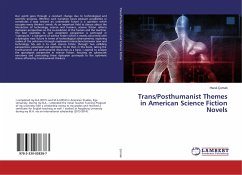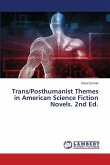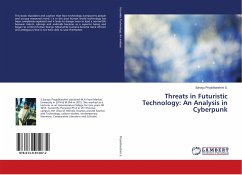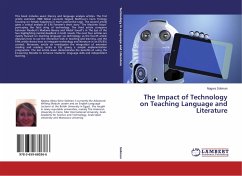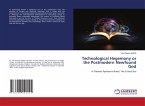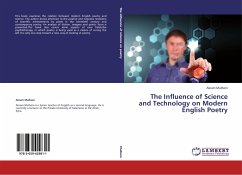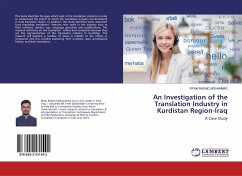This book aims to investigate how new technologies have influenced the novels' content and form/format. For instance, William Gibson's cyberpunk novel Neuromancer (1984) shows how the themes, registers and narrative elements of the novel were greatly connected to high-technologies. Yet, what was believed as science fiction turned out to be science facts; the contemporary individuals have become 'posthumans' because of the high-tech groundbreaking progresss. Mirroring the current human's lifestyle, Cosmopolis, a novel (2003) written by Don DeLillo is the second case study that underlines the extent to which new technologies have conlonized the novel genre. To further analyze the change in format, the way the fiction genre has been transferred to the digital readers and the shapes it has taken apart from the conventional printed style, afternoon, a story (1987) by Michael Joyce and interactive fiction epitomized in Zork I (1977) by Lebling et al. are other case studies. Eventually,this research explores how computerized novels, whether they are print or digitized texts, interactive or hypertext fictions, have brought the postmodern narrative theories into the electronic medium.
Bitte wählen Sie Ihr Anliegen aus.
Rechnungen
Retourenschein anfordern
Bestellstatus
Storno



